The Global Meeting on Equinox
Collaboration: Can we do it better?
What it means to be human
Meet the speakers
See the program and sign up here:
https://www.globalbildung.net/what-it-means-to-be-human-2024-september-21/
In order of appearance
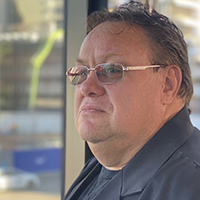
Rawiri Toia
Aotearoa New Zealand
Maori Cooperation and Cooperatives in Oceania
What it means to be human and to cooperate with nature and humans. Maori culture is rich in relationships to the land and cooperation with it, and modern cooperatives have a long tradition in Aoteaora New Zealand.
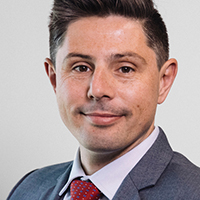
Gareth Hughes
Aotearoa New Zealand
Gareth is the Director of the Wellbeing Economy Alliance Aotearoa, working to redesign the economic system to deliver wellbeing for people and planet. He is an author, political commentator and chairperson of SAFE. He served for a decade as a Member of Parliament and was previously a climate campaigner at Greenpeace.
Wellbeing Economy and Te Ao Māori approaches
Gareth will discuss the growing movement to redesign the economy of Aotearoa New Zealand around the wellbeing of our people and planet. Learn what a Wellbeing Economy could look like and tools and policies to get there with an emphasis on the leadership coming from Te Ao Māori approaches.
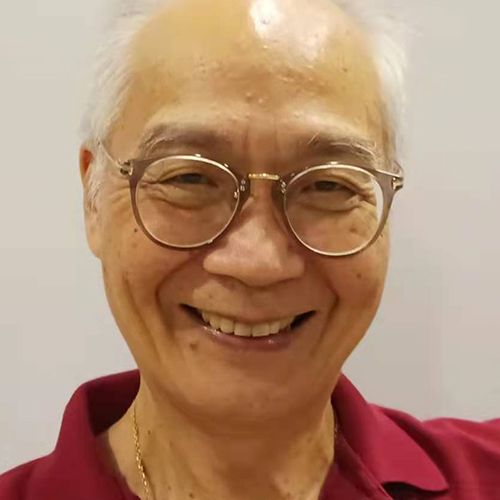
Yi-Heng Cheng
China
Cheng Yi-Heng is a member of the Club of Rome and a guest professor of Tongji University, China.
Artificial Intelligence and Biotech from a Chinese perspective
Yi-Heng Cheng has spoken at the Global Bildung Day twice, this time he opens the East Asia part of the program with A for Artificial Intelligence; B for Biotechnology: How can we factor in these ground braking new aspects of human life on the planet as we try to solve our problems?
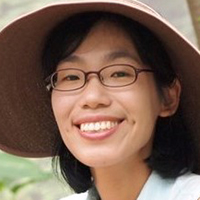
Dr. Miseong Cho
Korea
Dr. Miseong Cho is a senior researcher at the Mosim & Salim Research Institute and a guest lecturer of Seoul National University in South Korea. Her main research interests include transformative learning and socio-ecological transformation, climate change education, scientific-technological citizenship, deliberative democracy in cooperatives.
Hansalim: A Solidarity Based Cooperative
Diverse grassroots and civil society actors build alliances to transform industrialised food systems towards regenerative and justice-oriented alternatives. Hansalim is one of largest multi-stakeholder cooperatives in South Korea. Hansalim has symbiotic philosophy, direct transaction system, and unique culture. This presentation shows the reasons, motivations and implications behind Hansalim’s development over nearly 40 years.
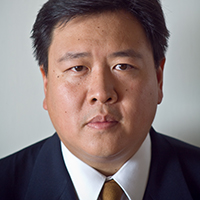
Pindar Wong
Hong Kong
Pindar is an Internet pioneer, who co-founded the first licensed Internet Service Provider in Hong Kong in 1993. He was the Chairman of VeriFi (Hong Kong Limited, a discrete Internet Financial Infrastructure consultancy, and he has also served as the first Vice-Chairman of ICANN.
Means of Cooperation; Male and Female Money
Today, the means of cooperation is generally money; we organize and exchange work through setting a price. But it wasn’t always like that, and maybe there are more meaningful ways of organizing cooperation.
Suggested reading & podcast: Embrace the heretic
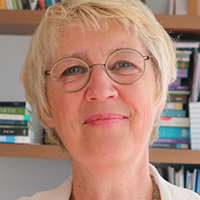
Anne Snick
Germany
Anne Snick is a systems thinker with a Ph.D. in Philosophy of Education, with a focus on ethics and epistemology.
Matrifocal Money
Female, matrifocal, or Yin money; Anne Snick collaborated with Bernard Lietaer who came up with the concept of two kinds of money: Yin and Yang.
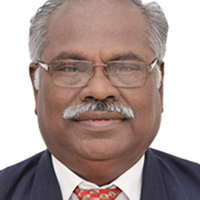
Joseph Rathinam
India
Joseph Rathinam is Director for the International Coordination and Networking for Neighborocracy. He has spent 27 years promoting the concept of Neighbourhood Parliaments (Neighbourocracy) and organising people at neighbourhood/village levels.
Neighborocracy and democratic housing
Joseph Rathinam is one of our recurring speakers. This time he will open the Asia session speaking about: C for Circularity and Circles: How can neighborhoods self-organize to solve local problems and create sources of income for those who have none? And what would housing look like if it were built around being good neighbors?
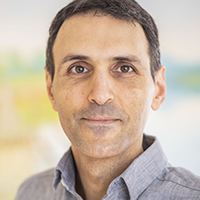
Shai Tubali
United Kingdom
Shai Tubali is a philosopher, author, and transformational teacher known for blending Eastern and Western philosophies to make profound ideas accessible to a global audience. He has written 21 books and developed innovative methods for emotional healing and cognitive enhancement. As a research fellow at the University of Leeds, his academic focus explores the intersection of artificial intelligence and the philosophy of religion, as well as the transformative potential of philosophical dialogue.
Jiddu Krishnamurti on AI and the Question of Human Identity
The Indian philosopher Jiddu Krishnamurti (1895-1986) reflected on artificial intelligence through the critical question: “If the machine can take over everything man can do, and do it better, then what is a human being?”
Krishnamurti challenges us to reflect on the nature of human thought and identity in an increasingly mechanized world.
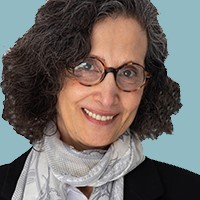
Eliane Metni
Lebanon
Eliane Metni is the Director of the International Education Association in Lebanon and a Postdoctoral Fellow at the University of Toronto.
Eliane Metni contributed with at chapter to the book What it Means to Be Human and spoke at the Global Bildung Day in March.
Rethinking Cooperation in the Middle East
Eliane Metni will open the Middle East part of the program with somereflections on the development in the Middle East and how it can resonate with ABCDEFGH: What it means to be human
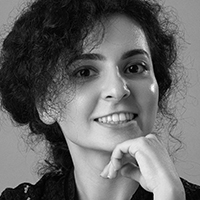
Sara Rajabli
Azerbaidjan
Sara Rajabli is a social entrepreneur and business psychologist, based in Azerbaijan. Her initiatives include topics of ego development, digitalization of education, social entrepreneurship and sustainability.
The Madrasa system in Islamic Golden Age
The first 100 years of Islam included madrassas which produced an explosion of intellectual inquiry and bildung that transformed the Middle-East and, eventually, the world.
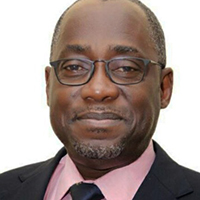
Folarin Gbadebo-Smith
Nigeria
Folarin Gadebo Smith is Director General at the Nigerian Institute for social and economic research, he is also trained as a surgeon and has spent a number of years as a politician in Nigeria.
https://www.linkedin.com/in/folarin-gbadebo-smith-58668569/.
Rethinking Education and Cooperation in Africa
E for Education. Folarin Gbadebo-Smith co-authored the ABCDEFGH paper and will speak about the thoughts behind it and the need for education from an African perspective.
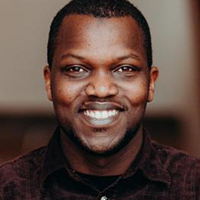
Dieudonné Gakire
Rwanda
Dieudonné Gakire is an author, speaker, and social entrepreneur from rural Dusego, Rwanda. His work focuses on post-conflict healing and sustainable development, particularly for children and youth. Through writing, advocacy, and the Dusego Empowerment Hub, he strives to empower communities and inspire hope, resilience, and opportunities for growth.
Dusego Empowerment Hub
The Dusego Empowerment Hub programs focus on fostering critical thinking, creativity, and entrepreneurship, helping transform Dusego’s youth into proactive citizens driving sustainable change in their communities and beyond. Gakire will discuss the challenges rural Rwandan communities face and the transformative power of education and entrepreneurship.
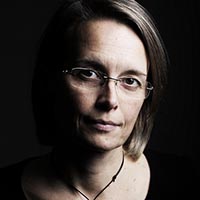
Lene Rachel Andersen
Denmark
Lene is an economist, author, and futurist. She is a member of the Club of Rome, initiator of the Global Bildung Network, the author of The Nordic Secret, and the editor of the book What it Means to Be Human.
A Meaningful Economy
F for Finance and how we need to rething our global
economic systems if we are going to cooperate better and solve our problems. Lene Rachel Andersen is the main author of the ABCDEFGH and What it means to be human article. Suggested reading: Lene’s Polymodern Economics.
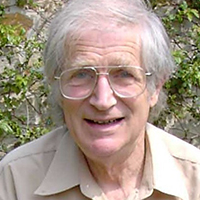
Ulrich Loening
UK
Dr. Ulrich Loening has retired from research in Molecular Biology and is now engaged with Philosophy of Science and ‘Human Ecology.
An Economy in Harmony with Nature
The way nature works and the way the current economic model works are fundamentally different. Ulrich Loening lists 9 ways they are fundamentally different, one of them is the concept of growth. Suggested reading: Ulrich Loening’s Harmonise with Nature.
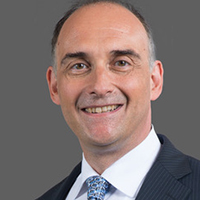
Armin Schuster
Germany
Armin Schuster is specialized in coaching executive management in demanding change and transformation processes. For 21 years, he was in a managerial capacity in the cooperative financial business. He studied History and Politics and completed his doctorate in 1997 and is now a lecturer for economics in Frankfurt and Darmstadt.
The ties of cooperatives in Europe
Cooperatives’ basic rules are based on primordial democratic forms of organization and on the principles of self-help, self-responsibility, self-management, and solidarity. The hierarchies of a typical cooperative are fundamentally flatter and the decision-making processes are more participatory than in conventionally organized companies.

Folarin Gbadebo-Smith
Nigeria
Folarin Gadebo Smith is Director General at the Nigerian Institute for social and economic research, he is also trained as a surgeon and has spent a number of years as a politician in Nigeria.
https://www.linkedin.com/in/folarin-gbadebo-smith-58668569/.
Knowledge is as unevenly distributed as money; this is not sustainable
G for Global dispersion of knowledge: Folarin Gbadebo-Smith co-authored the ABCDEFGH paper and will speak about the thoughts behind it and the need for global access to knowledge. ABCDEFGH: What it means to be human
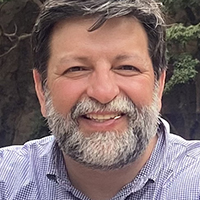
Armando Estrada
Mexico
Armando Estrada invested the last 20 years of his professional life leading Vía Educación, a Mexican CSO that promotes effective education for democratic citizenship. He and his colleagues are convinced that education must help individuals achieve their highest potential, climb up the social ladder and help them become better citizens. Via Education’s motto is “Unleashing the potential of society to transform itself”.
Transforming the education system in Mexico
The presentation will explore some of the opportunities and challenges in education in the Latin American region (with a focus on Mexico) in helping students reach their fullest potential. What are the roles of different stakeholders and the exciting opportunities to leapfrog inequality in education through resignifying cohesion, commitment and capacities to transform education systems?
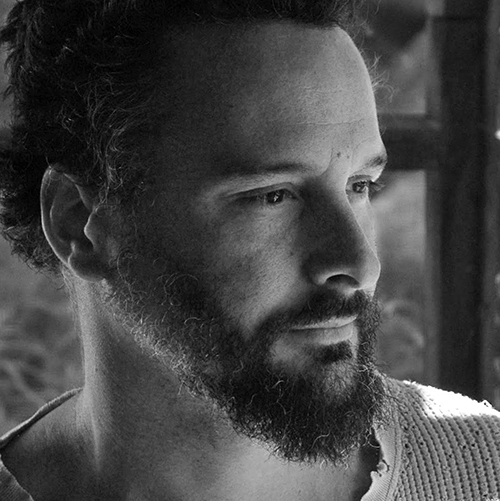
Zak Stein
United States
Zak Stein is a writer, educator, and futurist, working to bring a greater sense of sanity and justice to education.
ABCDEFGH: What it means to be human
H for Humanity. Zak contributed to the book What it Means to Be Human, and at the previous event he spoke about The Last Educators and our basic humanity: https://www.youtube.com/watch?v=dynwKfsFxUo Zak will return to this and to ABCDEFGH: What it means to be human
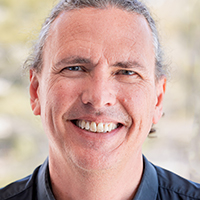
Steve Joordens
Canada
Steve Joordens is a fulll professor of psychology at the University of Toronto Scarborough.
The Decline of the Bildung Human
Are Bildung Humans an endangered species? Or is there hope? Steve Joordens wrote the sadly satircal chapter The Decline of the Bildung Human in the book What it Means to Be Human. When we meet at the GMoE, Steve will tell us if Bildung Humans will survive…
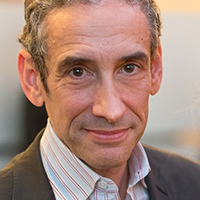
Douglas Rushkoff
United States
Named one of the “world’s ten most influential intellectuals” by MIT, Douglas Rushkoff is an author and documentarian who studies human autonomy in a digital age. His twenty books include the just-published Survival of the Richest: Escape Fantasies of the Tech Billionaires, as well as the recent Team Human, based on his podcast.
Program or Be Programmed: the human response to an age of AI
What it is that humans can do that our machines and programs cannot? And how can we transcend the Industrial Age understanding of human beings purely in terms of their utility value, and begin to recognize our intrinsic value instead?
